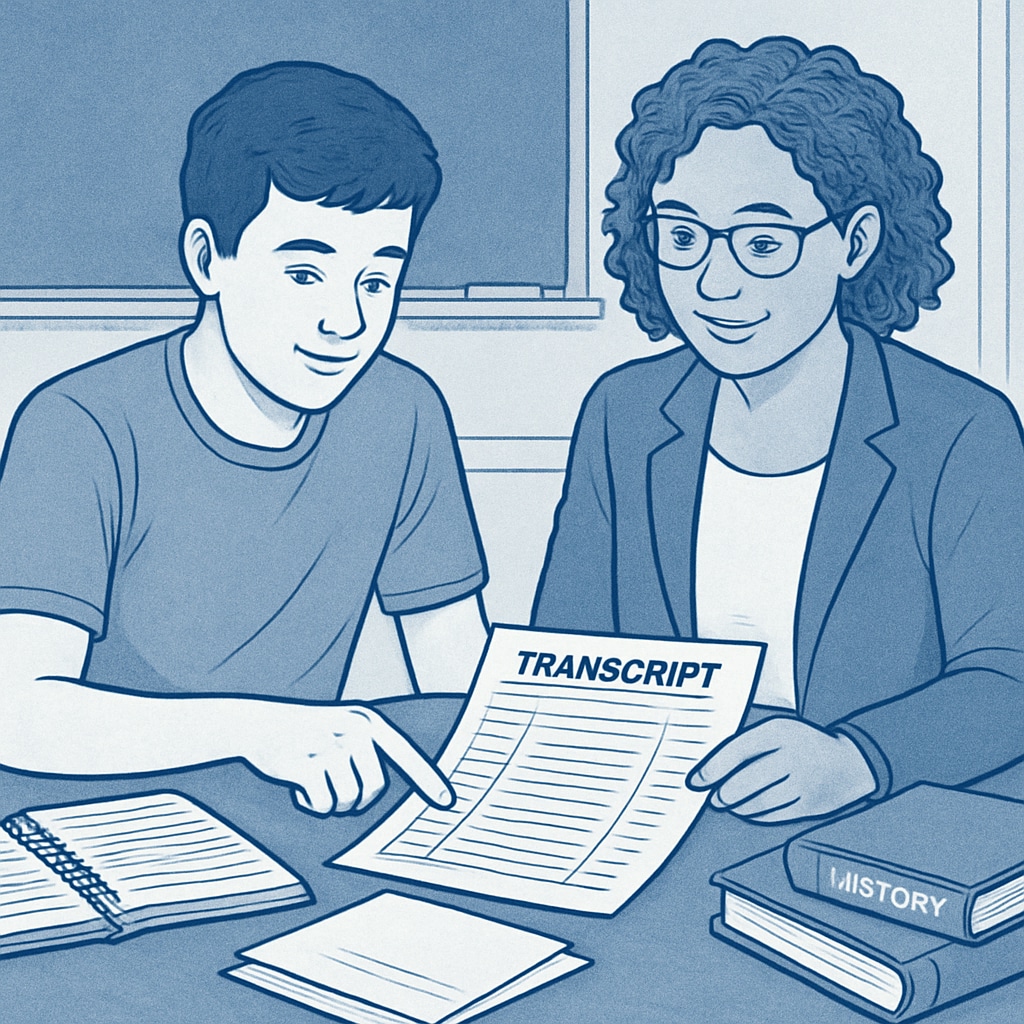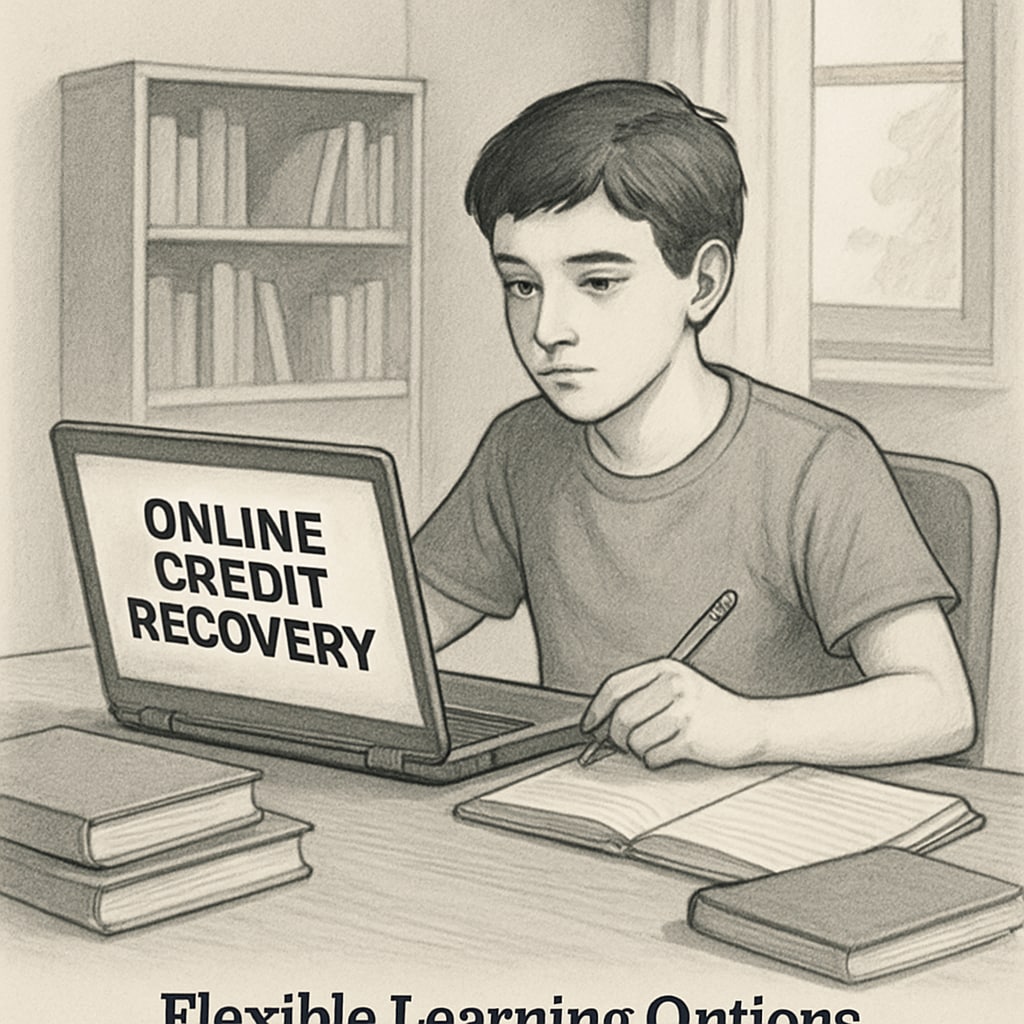Struggling with credit deficiency can be a daunting challenge for high school students. Whether due to personal setbacks, illness, or other circumstances, falling behind in credits can jeopardize graduation plans. However, with thoughtful planning and determination, it’s possible to recover and graduate on time. In this guide, we’ll explore practical strategies to address credit deficiency, including effective time management, alternative learning opportunities, and utilizing available resources to make the most of your high school experience.
Evaluating Your Credit Deficiency
The first step in solving any problem is understanding its scope. Begin by reviewing your transcript with a school counselor to identify how many credits you’re missing and which specific subjects require attention. This evaluation will help you create a focused plan for recovery.
- Meet with Your Counselor: Schedule a meeting to review your credit requirements and discuss available recovery options.
- Understand Graduation Requirements: Familiarize yourself with your state’s or school’s specific credit criteria for graduation.
- Create a Plan: Break down your credit recovery into manageable steps based on priority and deadlines.
Once you have a clear understanding of your needs, you can begin exploring solutions tailored to your situation.

Exploring Credit Recovery Options
High schools often offer various pathways to help students make up for lost credits. These options are designed to accommodate different learning styles and schedules, ensuring flexibility for students in unique situations.
Here are some common methods for credit recovery:
- Summer School: A popular option for students to retake failed courses in a condensed timeframe.
- Online Courses: Platforms like Edgenuity or Khan Academy provide virtual learning opportunities that allow students to earn credits at their own pace.
Khan Academy is a great starting point. - Evening or Weekend Classes: Some schools offer after-hours programs for students who need extra time to complete their coursework.
- Independent Study: With approval from your school, you might pursue self-paced study plans guided by a teacher.
- Dual Enrollment: Many community colleges allow high school students to take courses that count toward both high school and college credits.
These options provide flexibility and can be tailored to your specific schedule and learning preferences. Consult your counselor to identify which path is best for you.

Mastering Time Management
Time is of the essence when you’re catching up on high school credits. Effective time management is crucial to balancing recovery efforts with other responsibilities. Here are some tips to stay on track:
- Set Priorities: Focus on the most urgent or required credits first to ensure you meet graduation criteria.
- Create a Schedule: Use a planner or app to map out your daily and weekly tasks, dedicating specific hours to studying.
- Avoid Procrastination: Break tasks into smaller, manageable chunks to prevent feeling overwhelmed.
- Track Progress: Regularly review your accomplishments and adjust your plan as necessary.
By managing your time effectively, you can avoid burnout and ensure steady progress toward your academic goals.
Leveraging Support Systems
Recovering from credit deficiency is not a journey you need to undertake alone. Surrounding yourself with a strong support system can significantly increase your chances of success.
Consider these resources:
- Teachers: Reach out to your teachers for additional help or clarification on challenging subjects.
- Peers: Form study groups with classmates to share knowledge and stay motivated.
- Parents or Guardians: Involve your family in your recovery plan, as they can provide encouragement and accountability.
- Community Resources: Many organizations offer free tutoring or mentorship programs for students in need.
Additionally, don’t hesitate to seek guidance from professionals like school counselors or therapists, especially if personal challenges are affecting your academic performance. For more information on coping strategies, visit Britannica’s Education Resources.
Embracing Your High School Experience
While recovering credits is essential, don’t lose sight of the broader high school experience. Participate in extracurricular activities, build relationships, and enjoy milestones like prom or graduation. These moments contribute to personal growth and create cherished memories that extend beyond academics.
Balancing academics and personal fulfillment may seem challenging, but with a well-structured plan and determination, you can achieve both.
In conclusion, addressing credit deficiency in high school requires a combination of strategic planning, resourcefulness, and perseverance. By evaluating your situation, exploring recovery options, managing your time effectively, and leveraging support systems, you can overcome this obstacle and graduate on time. Remember, every challenge is an opportunity to grow—and this journey can prepare you for future academic and personal success.


